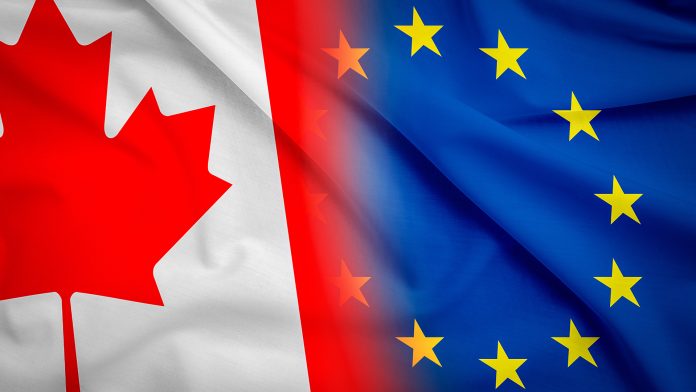Innovation, Science and Economic Development Canada has announced that Canadian Researchers can now apply for Horizon Europe funding opportunities.
Canadian researchers now have a unique opportunity to participate in Horizon Europe, the world’s largest research and innovation funding programme.
This initiative invites countries to tackle global challenges with science-based solutions collaboratively.
Strengthening Canadian and EU research ties
In November 2023, the Government of Canada concluded significant negotiations with the European Commission to enhance collaboration under Horizon Europe.
This agreement enables Canadian researchers and innovators to be fully integrated as members of consortia in Horizon Europe’s Pillar 2 calls.
As associated members, Canadians gain access to a wider array of research opportunities compared to their previous status as third-party participants.
Enhanced Horizon Europe participation and funding access
Previously, Canadians participating in Horizon Europe projects had limited roles and had to secure their own funding.
As an associated country with Pillar 2, Canadian researchers can now lead consortia and propose projects with quicker and more streamlined access to funds.
Eligibility and funding opportunities
Under Pillar 1, researchers can apply for Marie Skłodowska-Curie Fellowships or Mitacs Globalink Fellowships to work within European research groups.
Additionally, they can seek European Research Council grants to establish research groups in Europe.
Canadians can also be included in collaborative research consortia under Pillar 2. For those looking to start a business in Europe, funding is available through the European Innovation Council under Pillar 3.
The Canadian scientific community—including academics, industrial researchers, SMEs, non-profits, and other entities—can now apply for Horizon Europe Pillar 2 calls under association status.
Finding partners and submitting applications
Most Horizon Europe Pillar 2 projects require partnerships involving at least three partners from different EU member states or associated countries.
The European Commission provides tools to help researchers and innovators find suitable partners.
To submit a proposal, Canadian researchers should follow these steps:
- Find a call for proposal: Use the Funding & Tenders portal.
- Search for a project partner: Utilise the partner search tool if needed.
- Create an EU login account: Register to access the portal.
- Register your organisation: Obtain a 9-digit Participant Identification Code (PIC).
- Submit your proposal: Draft your proposal with consortium partners and submit it through the submission service.
- Follow up on your proposal: Proposals are reviewed by independent experts, with outcomes typically communicated within six months.
Timelines, deadlines, and evaluation
Horizon Europe programmes launch calls based on thematic work programmes, generally every two years.
Each call details funding types, eligibility conditions, and deadlines. Proposals are evaluated by external experts appointed by the European Commission, and funds are awarded based on merit.
Each programme within Horizon Europe has its own budget and funding guidelines. Projects receive a lump sum, and recipients must allocate funds among consortia partners.
Direct costs are typically financed at 60% to 100%, while indirect costs are reimbursed at a flat rate of 25% of eligible direct costs.
For performance metrics and success rates, the Horizon Europe Dashboard is a useful resource. In 2022, the overall project proposal success rate was 16%, while Canada’s success rate was 18%.
Canadian researchers are encouraged to seize this opportunity to contribute to global research and innovation through Horizon Europe.





